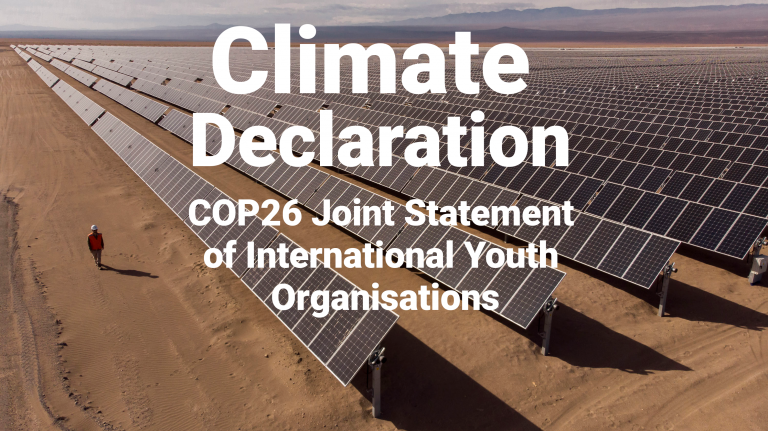Development of ASME’s Climate Action Position Statement
Founded in 1880, the American Society of Mechanical Engineers (ASME) has a longstanding history of responding to new challenges, as demonstrated through the development of boiler codes and standards to ensure safety during the industrialization period. Over 140 years later, the threat of climate change demands the attention of professional engineering societies and standards organizations to help ensure a safe future for people and the planet. ASME is uniquely positioned to take action against climate change through the development of new relevant codes and standards for technologies towards decarbonization and by attracting, training, and mobilizing engineers to deliver climate solutions towards a sustainable future for all.
The objective of this project was to support the development of ASME’s Climate Action Strategy. In collaboration with the ASME team and consultants at OnePointFive, ~90 documents were reviewed and synthesized, and interviews were conducted with 22 stakeholders to understand perspectives, current ASME-aligned initiatives, and leading organizational practices and insights.
The due diligence process informed ASME’s approach to addressing climate change with the following drivers:
- Support the global consensus of climate science and the Intergovernmental Panel on Climate Change (IPCC)’s target, currently limiting global warming to 1.5 degrees Celsius above preindustrial levels.
- Enable engineers to accelerate the drive towards net-zero emissions and a carbon-negative future.
- Facilitate communication on climate policy among government, industry, and academia–leveraging ASME’s successful history of providing nonpartisan expertise to policymakers.
- Develop and engage the international engineering workforce that meets our present and future climate challenges.
- Align ASME’s sustainability and climate strategy to the United Nations’ Sustainable Development Goals.

Fellow supporting project with solar and hydroturbines – the future engineering workforce will be essential for addressing climate change
